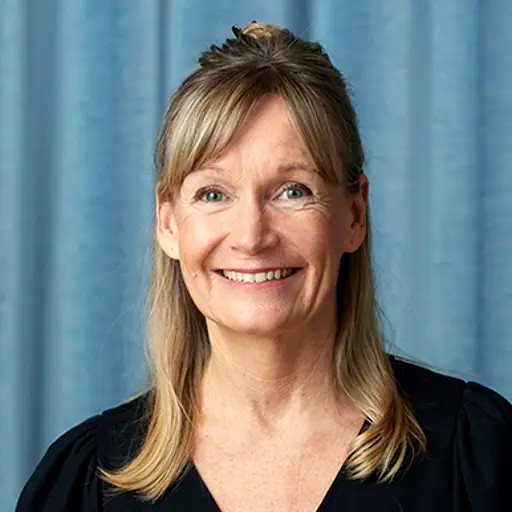
Two research projects at Chalmers focused on sustainable food production are highlighted by the Royal Swedish Academy of Engineering Sciences (IVA) on the IVA 100 list 2022. This year’s theme is “Technology in the service of humanity”.
Fungi for production of the protein of the future
Participants: Yvonne Nygård, Associate Professor in industrial biotechnology, Eric Öste, industrial PhD student at Chalmers, Stefano Sacchetto, industrial PhD student at Lund University and Emil Andreasson, guest researcher at Chalmers. All participants are involved in the biotech company Cirkulär AB.
About the project: Alternative protein sources such as fungi (mycoprotein) can lead to 95 percent less carbon dioxide emissions than beef. The vision is that the protein of the future is produced by fungi, which convert bio-based residual streams from industry. The fungi are grown in closed bioreactors with little impact on the external environment.
In the project the researchers develop and produce fungi that grow faster on residual biomass and produce specific proteins in larger quantities. These so-called cell factories can be used for many different applications, for everything from animal feed, food, chemicals to materials, and medicines. The first cell factories produce proteins for feed and food applications, including milk proteins, an ingredient used in vegan dairy products.
“We are very happy and grateful to be included in the prestigious IVA list, together with other exciting research projects. We believe that our research can have a large and direct impact on the food industry and support the industry's ambitions to reduce its environmental impact, nationally and globally,” says Yvonne Nygård.
Stabilizing seafood side-streams allowing full use for food production
Participants: Ingrid Undeland, Professor of Food and Nutrition Science, Chalmers, Haizhou Wu, Mehdi Abdollahi and Bita Forghani, all researchers at the Division of Food and Nutrition Science, Chalmers.
About the project: The demand for fish is steadily increasing in response to dietary recommendations, population growth and wishes to consume more climate-friendly protein sources. We therefore need to convert more of each landed fish into food, as today mainly the fillet is used, i.e., only 40-50 per cent of the weight.
Our sorting and antioxidant technologies make it possible to retain also filleting co-products in the food chain. Sorting allows tailor-made valorisation of individual parts into high quality minces or protein ingredients while antioxidant treatments mitigate problems with fast rancidity.
“It is very nice that our research, which aims at creating a more sustainable food production system, is recognized at the IVA 100-list. The seafood chain currently suffers from large losses of biomass in favor of low value fodder production; our research can help mitigating such losses and thereby make sure that more of each caught or harvested fish is converted into foods,” says Ingrid Undeland.
Read more: New dipping solution turns the whole fish into food
Comtact

- Associate Professor, Industrial Biotechnology, Life Sciences

- Full Professor, Food and Nutrition Science, Life Sciences